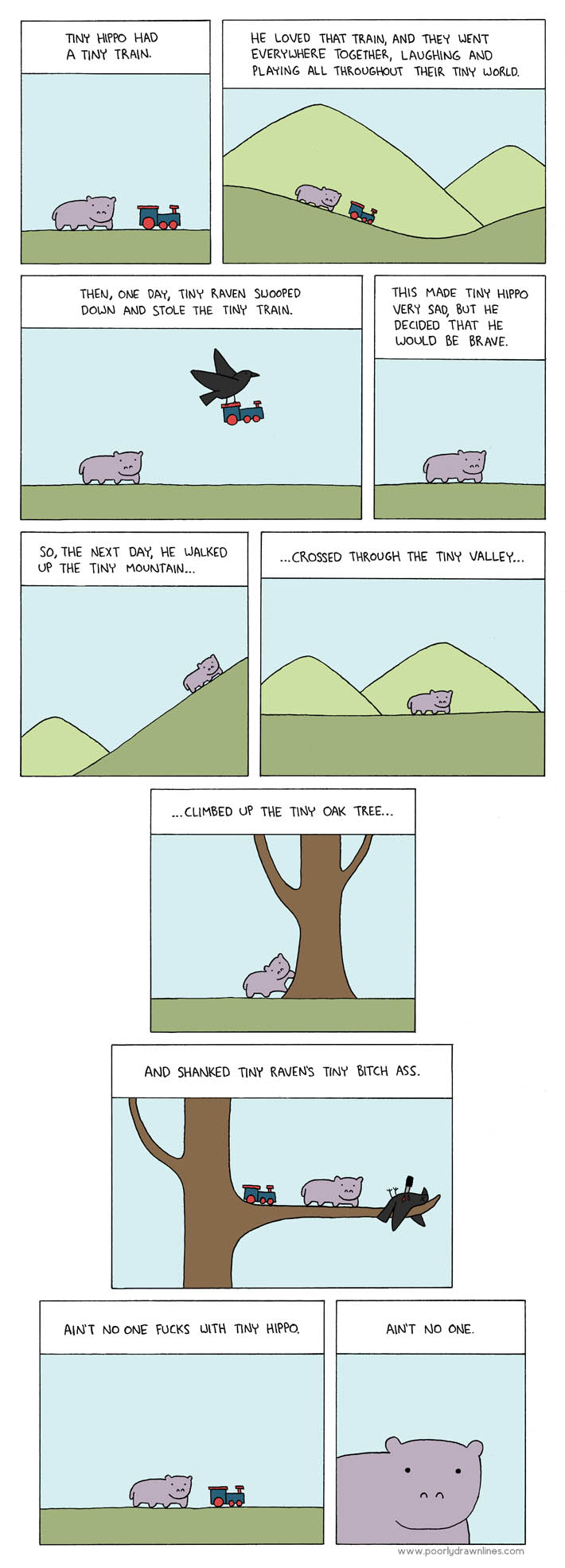Monday, April 30, 2012
Friday, April 27, 2012
Wednesday, April 25, 2012
Tuesday, April 24, 2012
Monday, April 23, 2012
State lotteries
Lotteries are the descendents of older, informal, private-sector prize systems like "policy wheels" (often run by neighborhood merchants as a way of distributing money people would then use to shop) or numbers games (usually run by organized crime). It wasn't until the 1960s – New Hampshire in 1964, to be specific – that states legalized, and then dove headlong into, the lotto business. The key difference for consumers when control shifted from the black market to the public sector was that the odds got a lot worse and the payoffs got much larger. Oh, and the winners got the honor of paying taxes on their prizes. Yes, lotteries actually got more exploitative when the mob stopped running them. The theory behind state control was and is simple: find a way to boost flagging revenues without taxing people who vote, and since gambling and playing the numbers are going to happen anyway (as Pennsylvania Governor Rendell so animatedly pointed out on TV recently) the state might as well get some tribute out of it. That the same logic could be applied to drugs and other illegal vices escapes most of our elected officials.Running the Numbers: The Lottery, Part 2
Saturday, April 21, 2012
Tuesday, April 17, 2012
Friday, April 13, 2012
Tribalism

The answer is that everyone, no exception, must have a tribe, an alliance with which to jockey for power and territory, to demonize the enemy, to organize rallies and raise flags.Biologist E. O. Wilson on Why Humans, Like Ants, Need a Tribe
And so it has ever been. In ancient history and prehistory, tribes gave visceral comfort and pride from familiar fellowship, and a way to defend the group enthusiastically against rival groups. It gave people a name in addition to their own and social meaning in a chaotic world. It made the environment less disorienting and dangerous. Human nature has not changed. Modern groups are psychologically equivalent to the tribes of ancient history. As such, these groups are directly descended from the bands of primitive humans and prehumans.
The drive to join is deeply ingrained, a result of a complicated evolution that has led our species to a condition that biologists call eusociality. “Eu-,” of course, is a prefix meaning pleasant or good: euphony is something that sounds wonderful; eugenics is the attempt to improve the gene pool. And the eusocial group contains multiple generations whose members perform altruistic acts, sometimes against their own personal interests, to benefit their group. Eusociality is an outgrowth of a new way of understanding evolution, which blends traditionally popular individual selection (based on individuals competing against each other) with group selection (based on competition among groups). Individual selection tends to favor selfish behavior. Group selection favors altruistic behavior and is responsible for the origin of the most advanced level of social behavior, that attained by ants, bees, termites—and humans.
Thursday, April 12, 2012
Wednesday, April 11, 2012
Tuesday, April 10, 2012
Monday, April 09, 2012
Saturday, April 07, 2012
Text from dog
Pretty good, but I don't think they capture the inherent dogginess of dogs the way that, say, Louis vs. Rick captures the essentially catness of cats. Or this:
Friday, April 06, 2012
Wednesday, April 04, 2012
Tuesday, April 03, 2012
Monday, April 02, 2012
Youth prospects

Twenty-five years ago young Americans had a chance.The War Against Youth
In 1984, American breadwinners who were sixty-five and over made ten times as much as those under thirty-five. The year Obama took office, older Americans made almost forty-seven times as much as the younger generation.
This bleeding up of the national wealth is no accounting glitch, no anomalous negative bounce from the recent unemployment and mortgage crises, but rather the predictable outcome of thirty years of economic and social policy that has been rigged to serve the comfort and largesse of the old at the expense of the young.
Since the beginning of the Industrial Revolution, human potential has been consistently growing, generating greater material wealth, more education, wider opportunities — a vast and glorious liberation of human potential. In all that time, everyone, even followers of the most corrupt or most evil of ideologies, believed they were working for a better tomorrow. Not now. The angel of progress has suddenly vanished from the scene. Or rather, the angel of progress has been sent away.
Subscribe to:
Comments (Atom)




